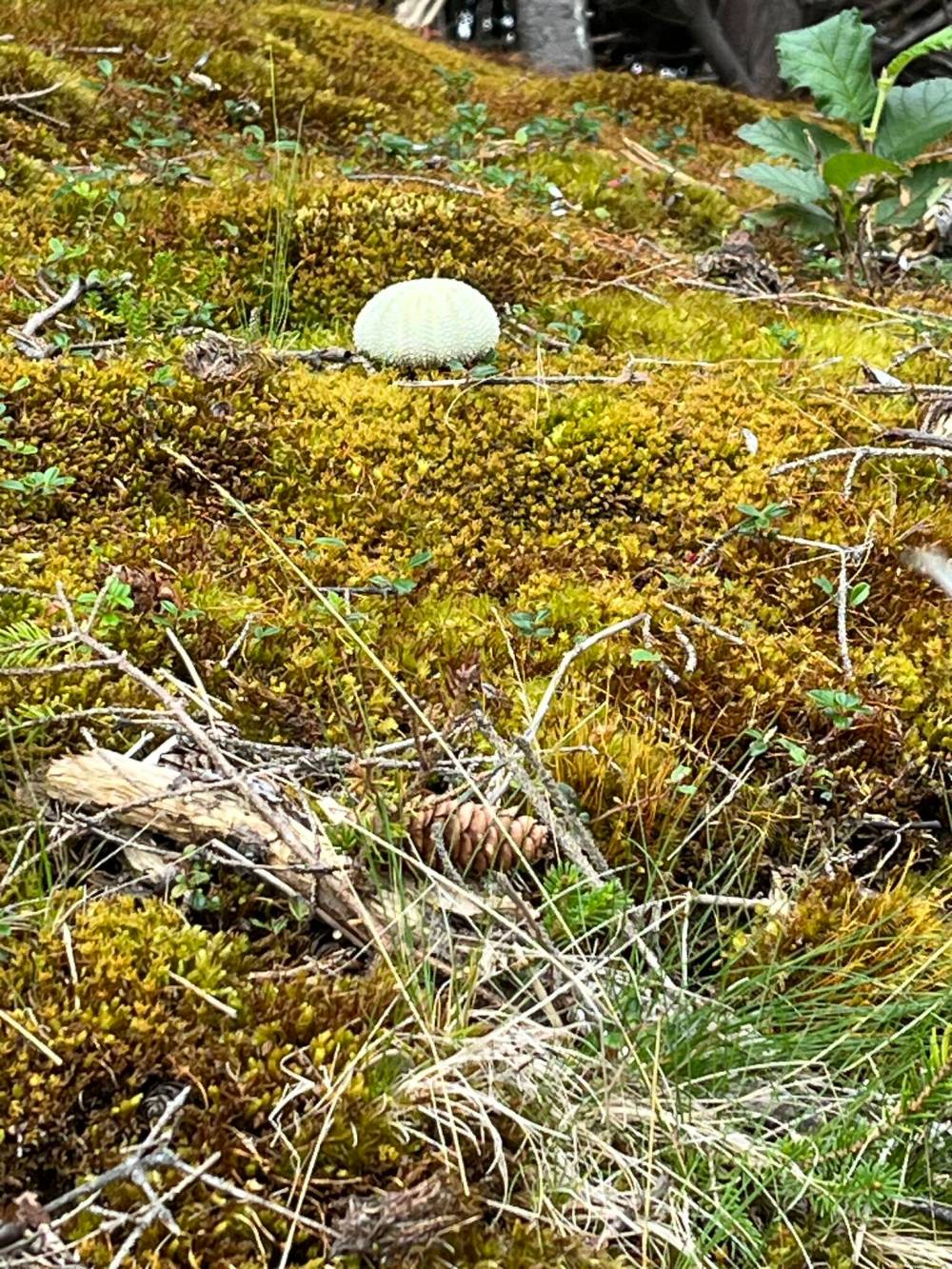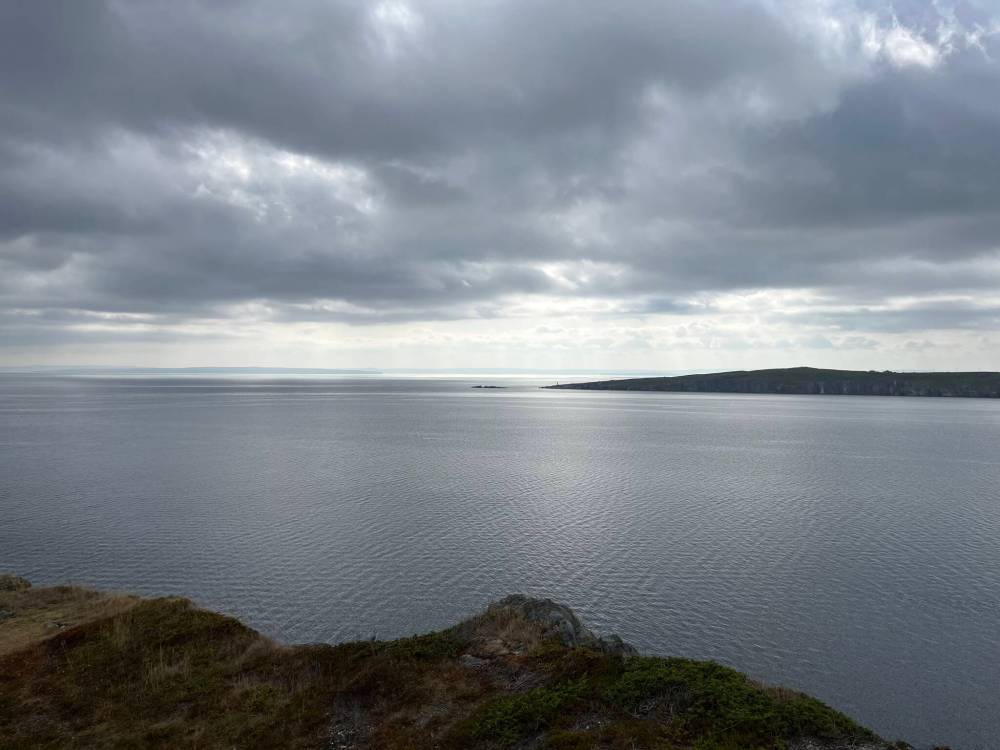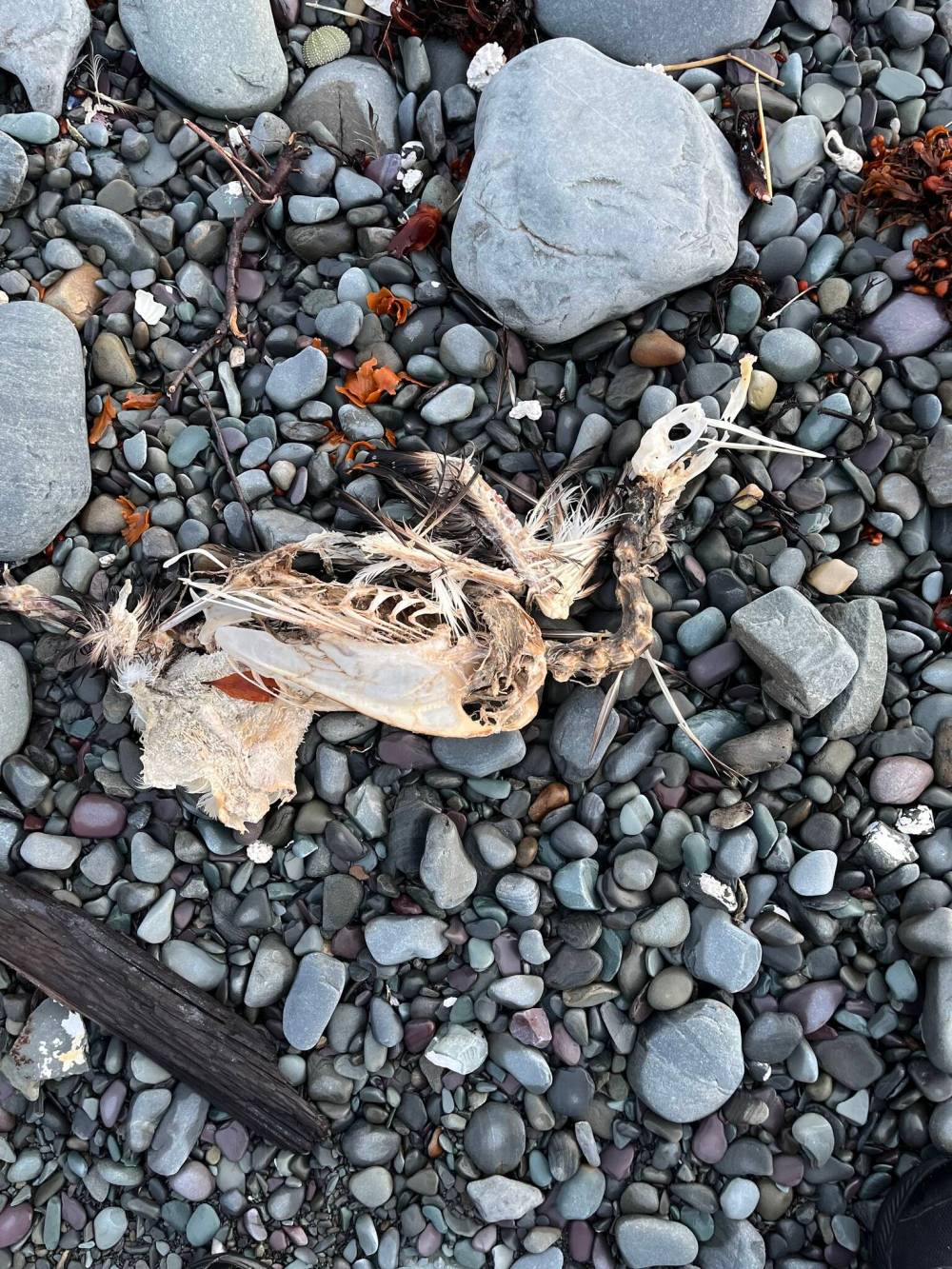Stop the online world, I want to get off
Advertisement
Read this article for free:
or
Already have an account? Log in here »
To continue reading, please subscribe:
Monthly Digital Subscription
$1 per week for 24 weeks*
- Enjoy unlimited reading on winnipegfreepress.com
- Read the E-Edition, our digital replica newspaper
- Access News Break, our award-winning app
- Play interactive puzzles
*Billed as $4.00 plus GST every four weeks. After 24 weeks, price increases to the regular rate of $19.00 plus GST every four weeks. Offer available to new and qualified returning subscribers only. Cancel any time.
Monthly Digital Subscription
$4.75/week*
- Enjoy unlimited reading on winnipegfreepress.com
- Read the E-Edition, our digital replica newspaper
- Access News Break, our award-winning app
- Play interactive puzzles
*Billed as $19 plus GST every four weeks. Cancel any time.
To continue reading, please subscribe:
Add Winnipeg Free Press access to your Brandon Sun subscription for only
$1 for the first 4 weeks*
*$1 will be added to your next bill. After your 4 weeks access is complete your rate will increase by $0.00 a X percent off the regular rate.
Read unlimited articles for free today:
or
Already have an account? Log in here »
One day, I won’t need to keep up.
I look forward to that. When I won’t need to know what is happening with tariffs and governments, when I won’t have to fill my morning cup with a daily dose of man’s inhumanity to man, when I don’t have to dig through dross.
I’m just back at work after a few weeks out in a non-media world, realizing after several days I felt like I was coming up from underwater — and that, crucially, I was actually thinking about things beyond the regular churn of news. That I was having thoughts not directly connected to work purposes, that delightful meanderings of mind were still possibly in my weary head.

Russell Wangersky/Free Press
Sea urchin shell on moss, Bear Cove, Conception Bay North, N.L.
Thoughts about the domed shape of a sea urchin’s pale-green shell once all of its spines have fallen away; about the feel of small smooth beach rocks as you hold them in place against your index finger and rub them with you thumb. About the distance and weight of the horizon on a grey day, and the slap and lop of small waves on a beach protected by offshore rocks.
Two things that kicked around my brain, leftovers from work, as I started to have clear, ordered, complex thoughts again? First, a study that paid participants to stay off social media for a period of several weeks found that those who abstained showed a clear and measurable improvement in their emotional state.
Call that part one.
Part 2?
A study out of Poland on an interesting result of the use of AI as a diagnostic tool.
Carrying the hefty title Endoscopist deskilling risk after exposure to artificial intelligence in colonoscopy: a multicentre, observational study, the report in The Lancet looked at what happens to clinicians doing colonoscopies when they regularly used AI to help interpret test results — and then performed colonoscopies without AI.
The result? A six per cent reduction in the clinicians’ ability to catch polyps when AI was taken away.
As the study put it, “Continuous exposure to AI might reduce the ADR (adenoma detection rate) of standard non-AI assisted colonoscopy, suggesting a negative effect on endoscopist behaviour.”

Russell Wangersky / Free Press
The horizon from the high ground on the Mad Rocks Trail, Conception Bay North, N.L.
In other words, depending on AI might erode a clinician’s skills, because those skills aren’t being used enough.
It’s almost like the brain is a muscle that needs regular exercise and, at the same time, open spaces, whether that be interpreting colonoscopies or having enough uninterrupted thinking time and personal peace to generate complex thoughts. That the hamster wheel of having the world at your fingertips — by way of the ease of your phone — might actually be a bad thing.
Now, I have to admit I found out about both those studies through social media. Social media I follow, because keeping up with a broad range of information is key to my job.
But I’m keenly aware it’s a double-edged sword, and that every minute I spend checking for information actually diverts me from the potential for what could be more important and satisfying analysis, both by filling my head with information — the bulk of which is useless and time-wasting — and also by depressing me about the state of the world and humanity generally. My most consistent thought, after experiencing the helter-welter of the online world, is, ”Why bother?”
Instead of making complex connections, I judder through a wasteland of the trivia like a car with summer tires on a road covered with heavy wet snow.
Plenty of us become jacks of all topics and masters of none.
Breaking that pattern took days. Eventually, I began to catch myself reaching for my phone for endorphin-pumping distraction — a habit I realize now is an almost Pavlovian reaction to a need for constant stimulus. But constantly needing that stimulus is, I’m convinced, something close to a disease. Its biggest symptom? Caught up in the scattered, it’s the decay of the ability to concentrate.
Blissfully away from the reach of tech, with no Wi-Fi and no bars of cellular signal at all, I sat on a stone beach for far, far too long, just watching the combination of the waves coming in, sometimes in an even rhythm, other times overlapping each other, and both the pattern and the sometimes-broken pattern were ridiculously pleasing to the eye, the ear and to some other core part of me.

Russell Wangersky / Free Press
Seagull, deconstructed, Bear Cove, Conception Bay North, N.L.
I climbed tall hills to see what the horizon was like from another angle, studied the inner workings of deceased sea life, listened to the wind in spruce trees.
I think I experienced something like peace, and realized at the same time that it was something of a stranger to me in the rest of life.
You have to have space to think, and you have to exercise the part of you that actually thinks new, original, creative things.
And how quickly it flees, when work and the starlings’ chatter of the online world starts again.
Russell Wangersky is the Comment Editor at the Free Press. He can be reached at russell.wangersky@freepress.mb.ca.


